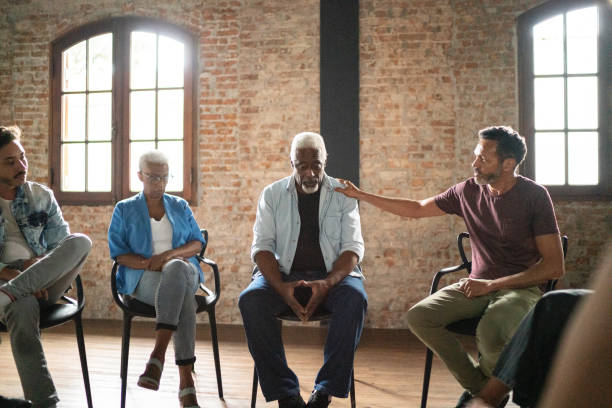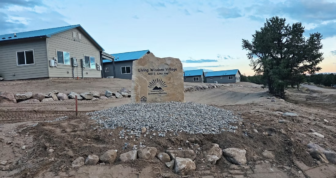By Peter Kaldes, President & CEO, Next50
Congress is considering a significant change to the private foundation excise tax system. If approved, this change would dramatically increase the tax burden on charitable foundations by more than 265%. This proposal would reduce the resources available for mission-driven work, especially in fields that are already underfunded and urgently needed, like aging services.
Philanthropy focused on aging represents less than 2% of all charitable giving in the U.S., despite a rapidly growing older adult population with complex needs. Foundations are among the few consistent funders supporting aging-related work, from housing and caregiving to dementia research and community-based services.
Under the proposed tax:
- Foundations will have less to grant to programs serving older adults.
- Long-term investments in aging infrastructure and innovation may be postponed or abandoned.
- Critical partnerships between philanthropy and aging service providers could be strained or severed.
For the millions of older Americans who rely on charitable programs for support, this tax increase threatens to take away far more than dollars — it threatens hope.
Taking From the Public Good to Federal Revenue
Currently, the excise tax remains at a 1.39% flat rate. This generates approximately $556 million annually for the federal government. If passed, the proposed tax, graduated up to 10%, extracts $2.03 billion from private philanthropy. That quadrupled the tax burden on charitable assets.
This isn’t closing a loophole. It’s diverting $1.47 billion each year away from community services, medical research, food security, and elder care.
Under the proposed legislation, Next50, with an approximately $265 million endowment, would see its tax increase by 250%. That’s millions less for programs that serve older adults in rural areas, like transportation and digital access programs. The cuts mean fewer investments in programs that grow the caregiving network in America. Fewer dollars to programs providing meals and basic needs services to older adults who rely on them.
Foundations Are Stewards of Compassion
Unlike for-profits, foundations do not exist to enrich shareholders. They exist to serve society and to step in where government and markets fall short. Right now? The government is falling short. Penalizing private foundations for growing endowments or scaling generosity is counterproductive.
This proposal sends the wrong message: that the more a foundation gives, the more it will be taxed.
The existing flat excise tax is predictable and fair. It encourages long-term planning so philanthropy can focus its investments in community. A steep, unpredictable, graduated structure would endanger programs that depend on reliable philanthropic support.
Ultimate Impact on Communities
Who bears the cost of this change? The answer is not foundations — it’s the people they serve. It is the older adult who will no longer get a meal and a home visit. It’s the family caregiver who won’t receive respite. The rural recreation center won’t get that much-needed building upgrade. Ultimately, it is the communities that step up to meet the needs of their constituents and serve their most vulnerable.
In a nation where the number of older adults will soon surpass the number of children, we cannot afford to cut more from a sector in a time when more investment is needed.




